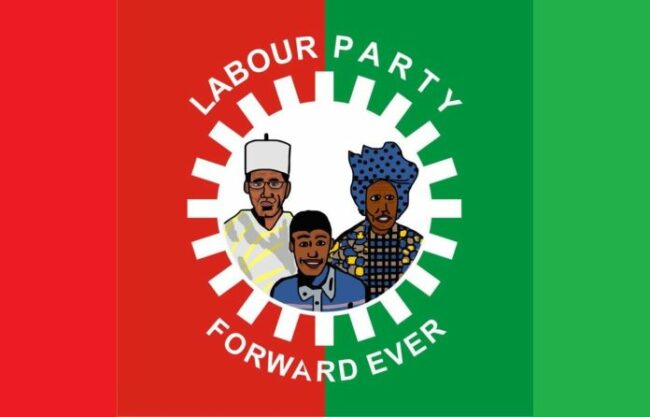As the political landscape of Ondo State gears up for the upcoming governorship election, the Labour Party finds itself at the center of an internal storm regarding its candidate for the governorship position. This controversy not only highlights the intricate dynamics within Nigerian political parties but also showcases how factionalism can threaten the unity and effectiveness of political movements.
The Labour Party in Nigeria, traditionally aligned with trade unions and progressive politics, has seen a surge in popularity following the 2023 presidential candidacy of Peter Obi, which revitalized its voter base, particularly among the youth. Ondo State, under the governance of Labour Party’s Olusegun Mimiko from 2009 to 2017, experienced significant political shifts, setting the stage for ongoing internal party disputes over leadership and candidacy.
The conflict primarily revolves around two candidates; Dr. Ayodele Festus Olorunfemi: Recognized by the national leadership of the Labour Party as the officially endorsed governorship candidate. Olorunfemi’s credentials include his previous roles within the trade union movement, particularly as General Secretary of the Senior Staff Association of Statutory Corporations and Government Owned Companies. His campaign focuses on grassroots engagement, promising transformative governance akin to the ideals of the Labour Party’s social democratic roots.
Chief Olusola Nehemiah Ebiseni: An influential figure within the party, particularly in the Southwest, who claims to be the authentic candidate. Ebiseni argues that the faction endorsing him represents the true spirit of the Labour Party, accusing the national leadership of procedural irregularities during the primaries. His political experience includes significant roles in state governance, making him a formidable contender with deep local connections.
While Olusola name is currently with INEC a Federal High Court order obtained yesterday now recognises Olorunfemi as the authentic candidate of the party
Read also: Avoid shortcuts to academic success, DESOPADEC boss advises students
The dispute is deepened by allegations of leadership crisis within the Labour Party, where factions argue over the legitimacy of the current national executive. This has led to parallel structures within the party, each claiming authenticity in candidate selection processes.
Like many Nigerian political parties, the Labour Party is not immune to factionalism. Personal ambitions, regional influences, and ideological differences contribute to the split, with each faction rallying behind different candidates.
Political alliances and endorsements from notable figures like Peter Obi and other Labour Party leaders have added layers of complexity. Some onlookers believe that their support for Olorunfemi is an external manipulation rather than a democratic choice by the party’s base in Ondo.
The ongoing dispute might lead to voter confusion and disillusionment, potentially reducing the Labour Party’s chances in the election or splitting the vote among supporters of different factions.






